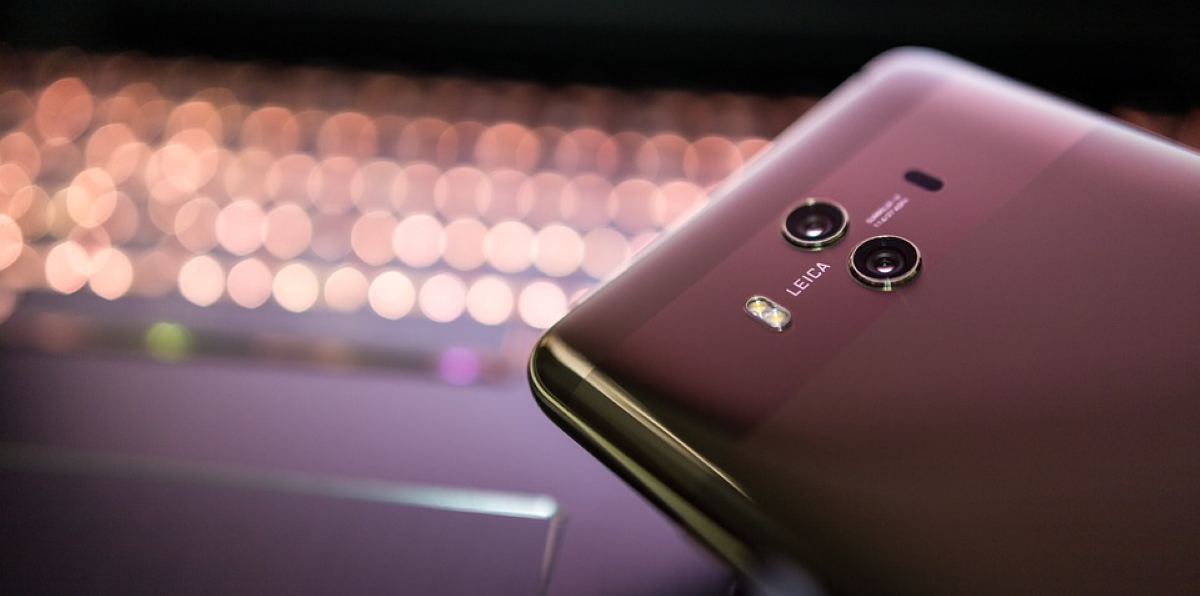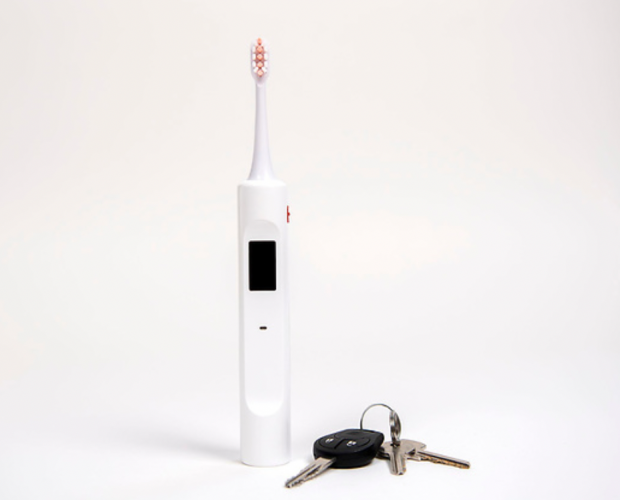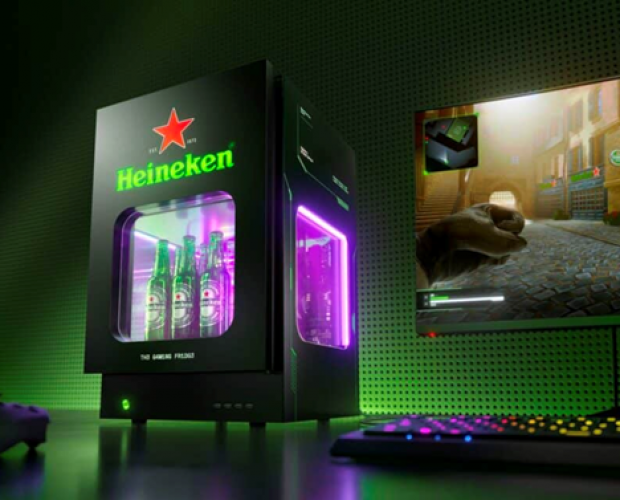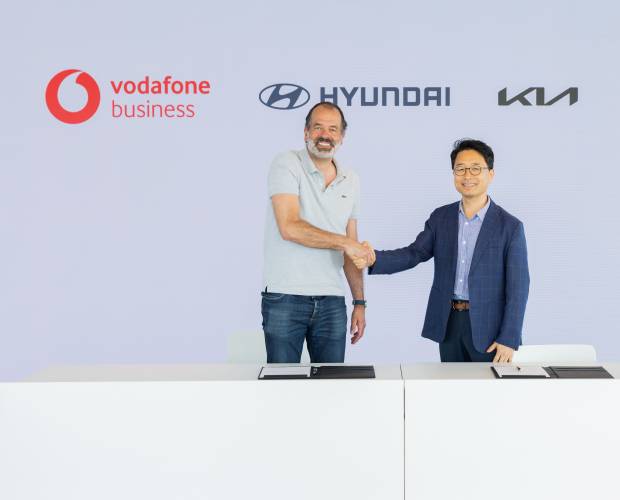Chinese smartphone players now account for more than two-fifths of global sales
- Wednesday, July 31st, 2019
- Share this article:
 Chinese phone makers now account for 42 per cent of the global smartphone market, despite shipments falling both internationally and in their local market, according to Counterpoint Research.
Chinese phone makers now account for 42 per cent of the global smartphone market, despite shipments falling both internationally and in their local market, according to Counterpoint Research.
Global smartphone shipments fell 1.2 per cent year-over-year (YoY) to 360m units during Q2 2019, meaning it was the seventh consecutive quarter of decline. Shipments declined by nine per cent in China, bringing it to two years of continued decline, but that didn’t stop Chinese companies from taking up their largest combined chunk of the market ever. Elsewhere in Asia, India shipped 37m units – a second quarter record.
“Heavy marketing, faster portfolio refresh, high spec devices at aggressive prices, and multi-channel presence are some of the key reasons why Chinese brands fared better than the local and global OEMs,” said Varun Mishra, research analyst at Counterpoint. “These brands have been aggressively expanding outside China and achieving growth offsetting the saturation in their home market. Their strategies and product portfolios are more aligned to the local needs and preferences, which is one of their key strengths.”
Globally, Samsung secured its position as number one smartphone company, growing 7.1 per cent YoY to record 76.6 units sold. Huawei continued to grow in second place, selling 56.7m units in achieving 4.6 per cent growth, however, it can be expected to struggle in Q3 2019 onward as trade sanctions begin to do their damage.
Apple’s iPhone shipments fell by 11 per cent to 36.4m, representing the company’s third consecutive quarter of decline, though sales trends are improving. This improvement could, however, come to an end over the coming quarters with 5G not expected on iPhones until next year.
The remainder of the top 10 is made up by Xiaomi, Oppo, Vivo, Lenovo, LG, HMD, and new entrant Realme – which grew 848 per cent to sell 4.7m units. Beside Apple, declines were suffered by Oppo (-2 per cent) and LG (-18.5 per cent).
















